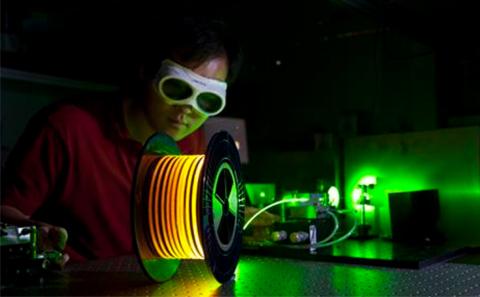
Policy Projects
Learn about PPS led current collaborative projects between the University of Southampton researchers and UK Government and Parliament.
Overview
The body of research by the School of Health Sciences’ Skin Health Group represents a combined contribution from an interdisciplinary team of healthcare scientists, clinical academics and engineers to provide technologies for the prevention of chronic skin wounds. The Group have worked closely with industry partners, NHS policymakers and international organisations to realise a wide range of technological and clinical impacts. These include new medical devices that prevent pressure ulcers, sensors to promote self-management of skin health, and policies and guidelines to help clinicians in their practice.
About the research
The Group’s research was supported by leading a first-in-kind international network entitled “Medical Devices and Vulnerable Skin” (2014-2019), funded by the UK Engineering and Physical Sciences Research Council. Through this network two distinct areas of research were addressed including, optimising safety in device design and intelligent sensing. They established an international track record of evaluating medical devices, attracting collaborations from companies worldwide (e.g. US, Sweden, UK, Japan).
Shaping NHS policy
Their lobbying activities have had an impact on national policy, in particular to change NHS practice on pressure ulcer reporting. Based on insights accumulated through the body of research, they worked with NHS Improvement to successfully change reporting policy to include device-related skin damage, marking the first time that this was routinely documented by clinicians. This action was implemented in April 2019 when it was incorporated into national guidelines Pressure ulcers: revised definition and measurement framework. This has now been adopted in over 200 care facilities across acute, community and mental health services.
As part of their public engagement activities they worked with NHS Improvement to co-create educational videos for clinicians to support best practice for medical device selection and application. Coordinated as part of the NHS Stop the Pressure campaign, the videos have been viewed >10,000 times since the release in April 2020.
The team also translated their research activities to inform key aspects of the rapidly released NHS guidelines relating to personal protective equipment (PPE) and skin health during COVID-19. Published in April 2020 by NHS England and NHS Improvement, the guidelines entitled Helping prevent facial skin damage beneath personal protective equipment, include their recommendations on mask fitting, skin inspection and regular breaks from mask application.
Shaping international guidelines
The Skin Health Group has also taken a leading role in developing international guidelines, in both 2014 (Professor Lisette Schoonhoven) and 2019 (Dr Peter Worsley). The Prevention and Treatment of Pressure Ulcers/Injuries: Clinical Practice Guideline is available in 14 languages and represents the leading international consensus to standardise and improve pressure ulcer prevention and treatment. It has been accessed more than 5,000 times across 31 countries. The Group’s research was cited widely throughout the guidelines, providing critical evidence to inform clinical practice.
Setting industrial standards for skin health
The skin health group have with industry partners, associations, and standards organisations to develop new technologies and approaches to assess how medical devices interact with skin. This has involved close collaboration and participation with the British Healthcare Trades Association (BHTA) and the International Organization for Standardisation (ISO). Through the BHTA they have independently evaluated new and existing support surfaces, which have been sold worldwide (20,000 mattress products). Activities within the international standards groups have resulted in new definitions, published by ISO (ISO 21856 B.23: Forces on soft tissues of the human body, July 2019) to develop test methods for support surface evaluation.
Professor Dan Bader, Dr Peter Worsley and colleagues, Skin Health Research Group, Health Sciences

Learn about PPS led current collaborative projects between the University of Southampton researchers and UK Government and Parliament.

Click here to listen to our Policy Podcast series. In each episode we speak to UoS researchers and experts, about their experiences confronting critical issues in the domestic and foreign policies.

Guidance on the many channels available to researchers to engage with policymakers.

Guidance on things to consider in the science to policy process and useful tips in planning and costing your impact activities.